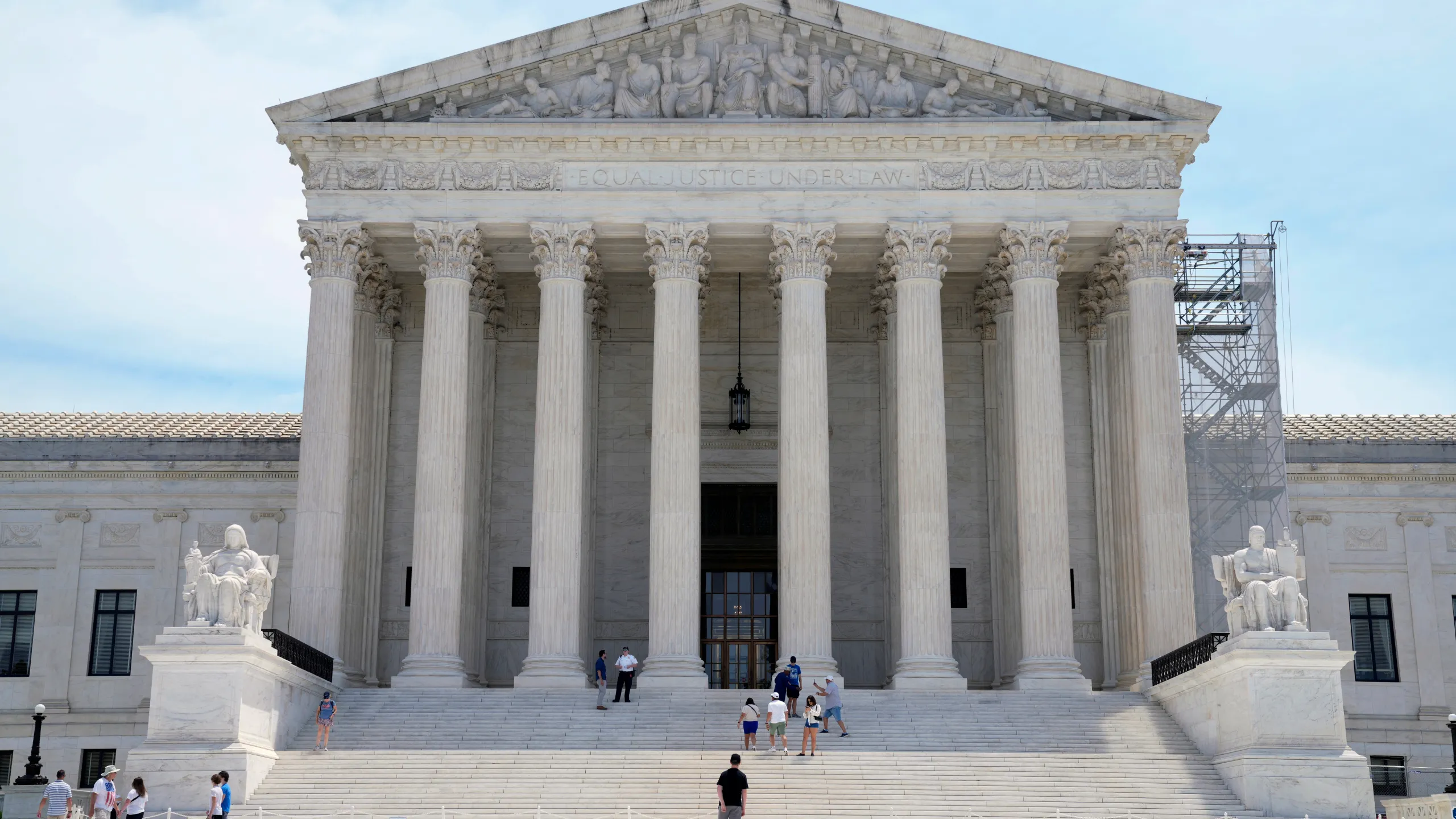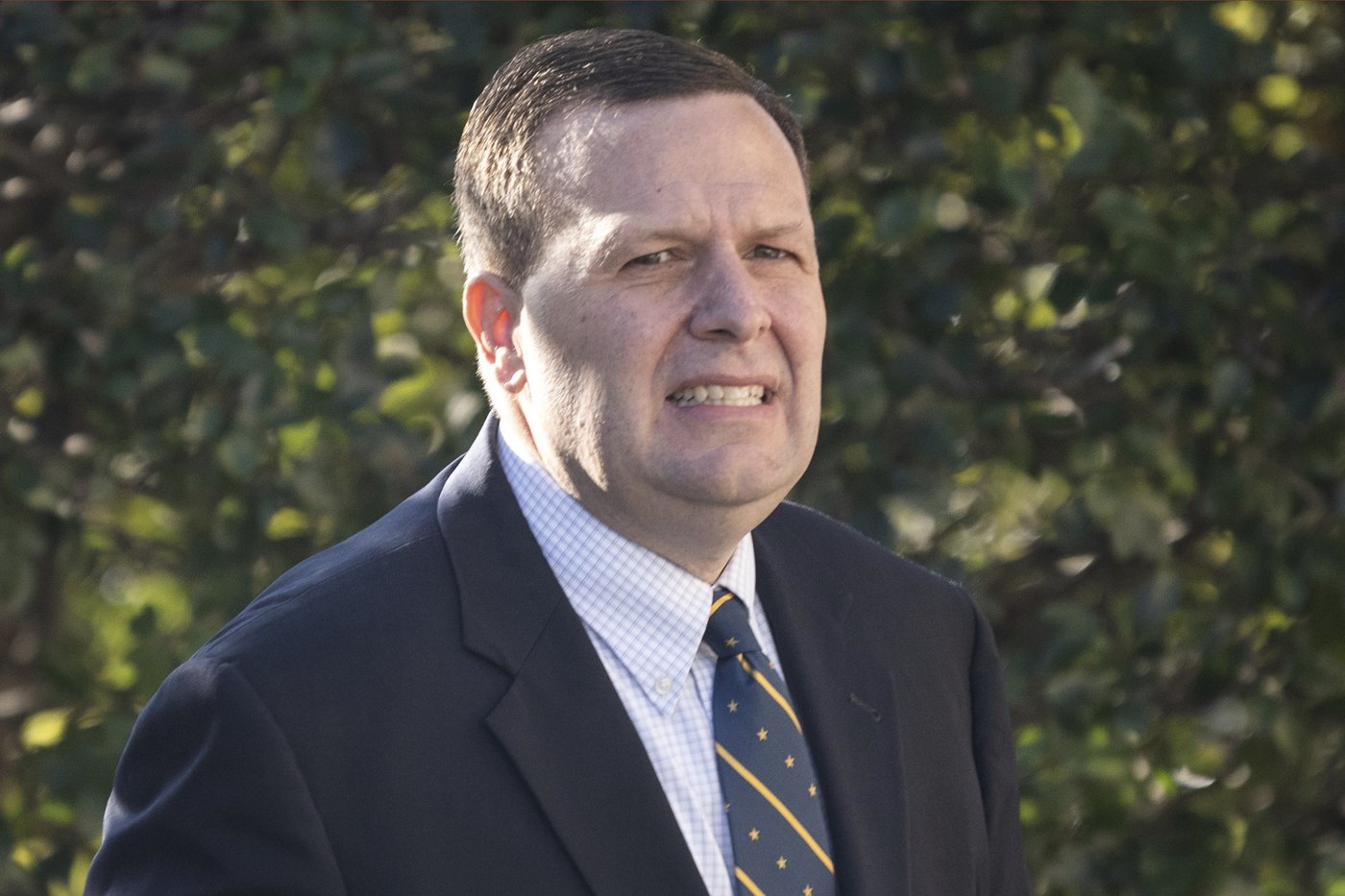Supreme Court Overturns James Snyder’s Bribery Conviction in Landmark Ruling
Snyder Bribery Conviction Overturned by Supreme Court in Key Legal Decision
In a significant legal decision the Supreme Court of the United States has overturned the bribery conviction of James Snyder a former Indiana mayor in a ruling that has profound implications for federal public corruption laws, according to the published article of MASS LIVE. The court’s 6-3 decision split along ideological lines centered on the interpretation of bribery versus gratuities in the context of official acts. Justice Brett Kavanaugh writing for the majority argued that the law criminalizes only bribes given before an official act not rewards provided afterward. This distinction, according to Kavanaugh is crucial as it avoids ensnaring state and local officials who may have multiple roles and responsibilities. Snyder a Republican and former mayor of Portage, Indiana was convicted of accepting $13,000 from a trucking company after allegedly steering city contracts worth approximately $1 million to them. His case hinged on whether there was a clear “quid pro quo” arrangement established before the contracts were awarded a point Snyder’s defense emphasized in asserting his innocence.
READ ALSO: Riding into Justice: 7 Hells Angels Members Busted in California Crackdown

The Supreme Court’s decision aligns with a trend in recent years where the court has narrowed the scope of federal corruption laws echoing similar decisions involving high-profile cases like that of former Virginia Gov. Bob McDonnell in 2016. The dissent led by Justice Ketanji Brown Jackson and joined by liberal colleagues sharply criticized the majority opinion arguing that it overlooks the fundamental purpose of the law to combat public corruption. Jackson characterized Snyder’s interpretation of the statute as “absurd,” emphasizing that such rulings undermine efforts to maintain integrity in public office. The decision underscores ongoing debates over the proper boundaries of federal anti-corruption laws and their application across different levels of government.
